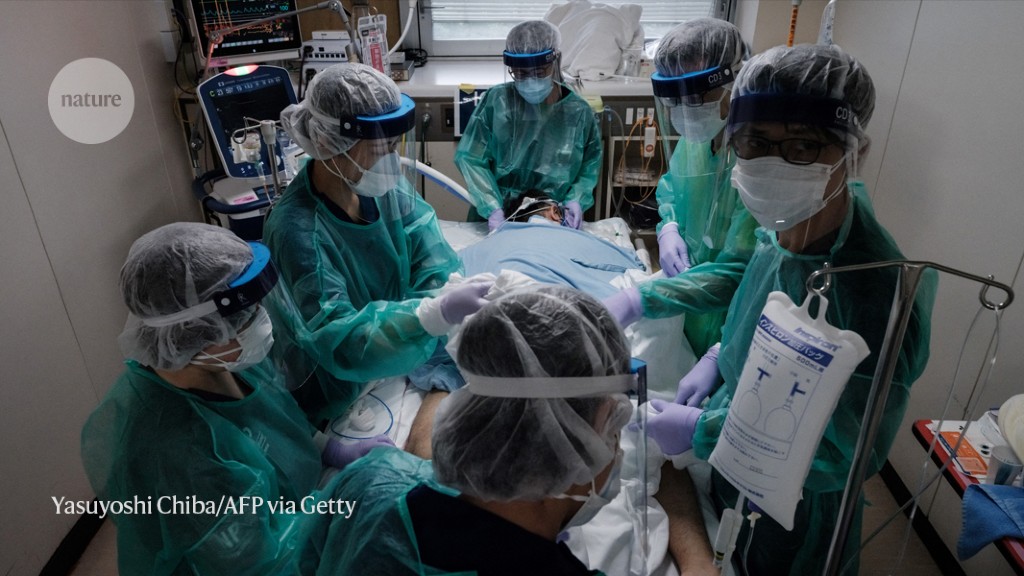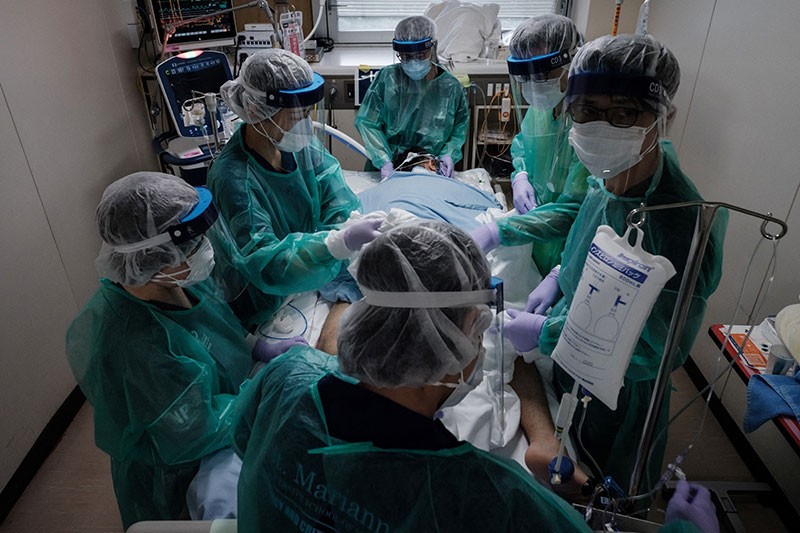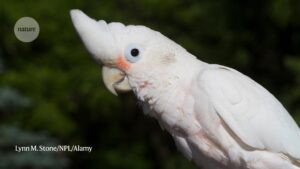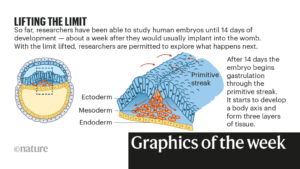Rogue antibodies involved in almost one-fifth of COVID deaths

Antibodies that flip in opposition to parts of our personal immune defences are a key driver of extreme sickness and demise following SARS-CoV-2 an infection in some folks, in keeping with a big worldwide research. These rogue antibodies, generally known as autoantibodies, are additionally current in a small proportion of wholesome, uninfected people — and their prevalence will increase with age, which can assist to elucidate why aged individuals are at increased danger of extreme COVID-19.
The findings, revealed on 19 August in Science Immunology1, present strong proof to help an commentary made by the identical analysis crew final October. Led by immunologist Jean-Laurent Casanova on the Rockefeller University in New York City, the researchers discovered that round 10% of folks with extreme COVID-19 had autoantibodies that assault and block sort 1 interferons, protein molecules in the blood which have a vital function in preventing off viral infections2.
“The initial report from last year was probably one of the most important papers in the pandemic,” says Aaron Ring, an immunologist on the Yale School of Medicine in New Haven, Connecticut, who was not involved in this work. “What they’ve done in this new study is really dig down to see just how common these antibodies are across the general population — and it turns out they’re astonishingly prevalent.”
The worldwide analysis crew centered on detecting autoantibodies that would neutralize decrease, extra physiologically related concentrations of interferons. They studied 3,595 sufferers from 38 nations with vital COVID-19, which means that the people had been sick sufficient to be admitted to an intensive-care unit. Overall, 13.6% of these sufferers possessed autoantibodies, with the proportion starting from 9.6% of these beneath the age of 40, as much as 21% of these over 80. Autoantibodies had been additionally current in 18% of individuals who had died of the illness.
(adsbygoogle = window.adsbygoogle || []).push({});
Casanova and his colleagues suspected that these devious antibodies had been a trigger, somewhat than a consequence, of vital COVID-19. There had been hints that this is likely to be the case — the group had beforehand discovered that autoantibodies had been current in round 4 in 1000 wholesome folks whose samples had been collected earlier than the pandemic2. The crew additionally discovered that people with genetic mutations that disrupt the exercise of sort 1 interferons are at increased danger of life-threatening illness3,4.
To look at this hyperlink additional, the researchers hunted for autoantibodies in a large assortment of blood samples taken from almost 35,000 wholesome folks previous to the pandemic. They discovered that 0.18% of these between 18 and 69 had present autoantibodies in opposition to sort 1 interferon, and that this proportion elevated with age: autoantibodies had been current in round 1.1% of 70- to 79-year-olds, and three.4% of these over the age of 80.
“There is a massive increase in prevalence [with age],” Casanova says. “This largely explains the high risk of severe COVID in people in the elderly population.” He provides that these findings have clear medical implications, and means that hospitals must be checking sufferers for these autoantibodies, in addition to mutations implicated in blocking sort 1 interferons. This might determine people who find themselves extra prone to turn into critically sick from COVID-19, serving to physicians to tailor their therapy appropriately.
A pattern of greater than 30,000 folks is “too big to ignore”, in keeping with Ring. “It just shows that this is something that we need to think about.” He provides that researchers ought to now contemplate whether or not autoantibodies play a task in driving different infectious illnesses. Ring’s crew has already discovered proof5 of autoantibodies in opposition to numerous immune-system elements in folks with COVID-19, and he and his colleagues at the moment are investigating additional. “I suspect that we’ve just started scratching the surface,” Ring says.




